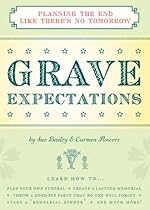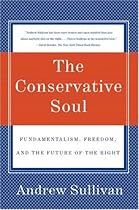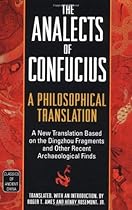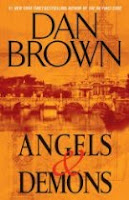This story is interesting in and of itself. It talks about how humans come from fish, and that by studying fish, geneticists hope to have breakthroughs in understanding human evolution and development.
 Science and religion seem to be at odds with one another for those who take their religious texts literally, and are taught that in order to be a good "Christian," or good "Muslim," or good "Jew," you have to take the text at face-value and not look for the deeper meanings involved.
Science and religion seem to be at odds with one another for those who take their religious texts literally, and are taught that in order to be a good "Christian," or good "Muslim," or good "Jew," you have to take the text at face-value and not look for the deeper meanings involved.  Science and religion do not have to be at odds with one another, however. Mythology (as the study of myth) has a lot to teach us about how to reconcile the two. In the Greek stories (myths) about the divine (coming from the work 'div', to shine), we are told by Hesiod of life coming from the sea. Perhaps partly a nod to this tradition, or influenced by it, the father of Greek philosophy, Thales, said that everything is ultimately made of water. The biological sciences, since Darwin, have continued to impress upon us this ancient connection to the water.
Science and religion do not have to be at odds with one another, however. Mythology (as the study of myth) has a lot to teach us about how to reconcile the two. In the Greek stories (myths) about the divine (coming from the work 'div', to shine), we are told by Hesiod of life coming from the sea. Perhaps partly a nod to this tradition, or influenced by it, the father of Greek philosophy, Thales, said that everything is ultimately made of water. The biological sciences, since Darwin, have continued to impress upon us this ancient connection to the water. But the ancient Babylonians worshiped a God of the deep waters of the earth, and the God of the salt seas, and talked of their union to form life on earth. It seems that the intuitions of the ancients resulted in stories that, while they can't be taken literally in a scientific sense, were often deeply insightful about the nature of reality. Much of the Bible needs to be read that way: as insightful intuitions revealed through stories.
What is the source of this insight? What is the source of intuition? Given that we can know so little (some would say nothing) about the world on the basis of sense impressions alone, how is it that we come to have knowledge about the world around us in the first place? Through what insight do gain any hint at the inner workings of nature?
Looking at this story through that lens may give new meaning to the meaning behind the story of Jonah in the belly of the whale.
PLEASE SUPPORT THIS BLOG THROUGH PURCHASES OF YOUR BOOKS, CD'S, AND DVD'S AT AURORA BOOKS, AN AFFILIATE OF AMAZON.COM. (CLICK ON THE WORD 'AURORA' IN THIS PARAGRAPH, OR CLICK ON THE BOOK COVERS ABOVE).
Looking at this story through that lens may give new meaning to the meaning behind the story of Jonah in the belly of the whale.
PLEASE SUPPORT THIS BLOG THROUGH PURCHASES OF YOUR BOOKS, CD'S, AND DVD'S AT AURORA BOOKS, AN AFFILIATE OF AMAZON.COM. (CLICK ON THE WORD 'AURORA' IN THIS PARAGRAPH, OR CLICK ON THE BOOK COVERS ABOVE).

























